
Pavle Kublashvili, chair of parliament's judiciary committee, says the new TV ad subsidy will be discussed in the spring session.
TBILISI, DFWatch – The government in Georgia increases the state funding of political TV ads to create a more level playing field for this year’s election. But analysts say it’s not enough.
An extra 2.2 million laris, or nearly 1.3 million US dollars, will be set aside in the state budget for subsidized political advertisements. The money will be distributed among twelve parties which garnered enough votes in the local elections in 2010.
Parties in Georgia already receive a state subsidy for buying air time, but government says that increasing the amount will be an extra lever to create an equal electoral environment. But commentators claim the measure is not enough and if the prices of political advertisement aren’t regulated, releasing this money cannot bring the desired results.
Pavle Kublashvili, head of the parliament judiciary committee, says that the 30Th article of the law about political union of the citizens will have a new twelfth article, where there will be written that during the electoral period the qualified subjects will be allocated extra money for TV commercials.
Subsidizing the TV commercials of political parties was part of a deal struck between the ruling party and two opposition parties last summer. According to this deal, a total of one million lari will be spread among those ‘electoral subjects’ that qualify in the next elections. 300 000 of it must be spent on commercials.
But Kublashvili explains that due to the fact that it will be distributed based on the election results, the government thinks the parties should receive money for commercials before the elections.
The law change will be introduced in parliament next week, and discussion will begin during the spring session, which according to the regulation, opens on the first Tuesday of February.
The money is distributed between what’s called ‘electoral subjects’, which is either a party or a group of parties that stand together in the election. The number of votes they received is multiplied by three and divided by the number of political unions (parties) that make up the electoral subject. Each electoral subject can not receive more than 600 000 lari.
According to information released by the National Movement Party, the government will allocate 2 229 291 lari in total for the TV commercials to political parties during the electoral campaign.
600 000 lari of this will be given to the National Movement, 213 912 to Manufacturers party, 200 000 lari each to the Christian Democrats, Christian Democratic Peoples’ Party and Paata Davitaia’s European Democrats, which were united in one bloc during the elections in 2010. The Free Democrats, New Rights Party, Republicans and Sakartvelos gza, which were in one bloc during the local elections will each receive 117 405 lari. The Conservative Party, People’s Party and Movement for a United Georgia, which participated in the elections under the name the National Assembly will each receive 115 253 lari.
Speaker of Parliament Davit Bakradze is sure that allocating money for the parties for the elections in 2012 will help contribute to that the elections are held democratically.
He says that the political parties should have enough money to function properly, to be in competition with each-other and that there should be free and competitive elections in Georgia.
But analyst Vakhtang Khmaladze says that if the approach isn’t changed, allocating this money will be pointless.
He says that in many European countries, especially old democracies, political parties aren’t paid at all, but there are free political commercials, which is compensated by the government. But the compensation is based on the prime cost and not the commercial price. Where paid political commercials exist the price for paid political commercial doesn’t exceed the price of commercial advertisement.
In Georgia, he says that the price of political advertisements is 10-14 times higher than the price of commercial advertisements on the national channels during the election campaign. In any case it used to be like that before and if these channels will act so for the parliament elections, then the price for one minute in the political talk show ‘Prime Time’ may become 35-40 000 dollars. If so, the money allocated will only be enough for a few minutes.
The biggest amount of money was allocated to the National Movement, which was in first place in the previous elections. It will get 600 000 lari, which is approximately 360 000 dollars. If the price for one minute is 40 000 dollars, then this is amount enough for nine minutes; hardly enough for a campaign.
“If there isn’t a more similar situation in Georgia as in the civilized world and the price for political advertisement isn’t regulated, and then this money won’t achieve the desired results. Allocating money is done because elections are important for the country and it is necessary that voters receive enough information about the subjects participating in the elections; that they have the opportunity to explain to voters, what they want to do,” Khmaladze says.
Now a group of experts has prepared and initiated a package of bills about the new ad subsidy; including compensation for free political advertisement from the government, equaling the price of the paid political advertisement to the price of the commercial price.
In addition, the government promises that these issues will be reviewed during the spring session, but Pavle Kublashvili now says that he doesn’t know whether it will be reviewed or not.
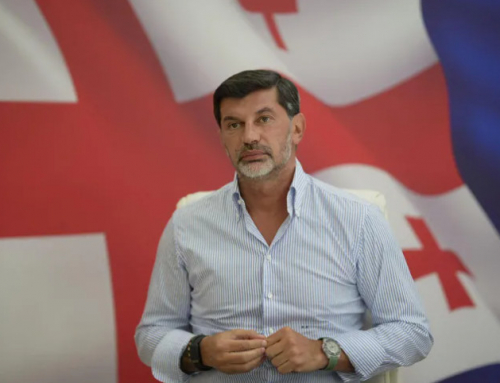
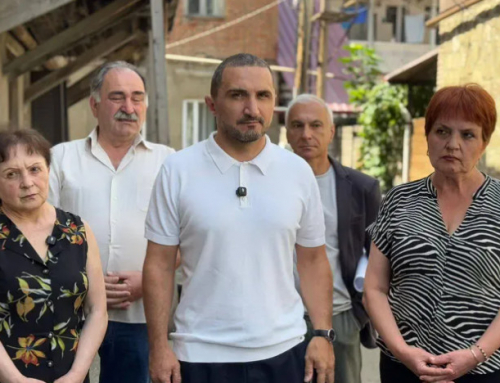
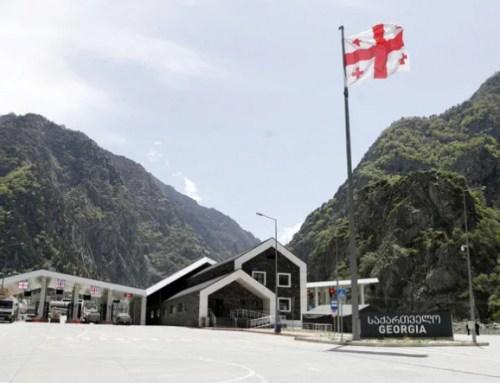
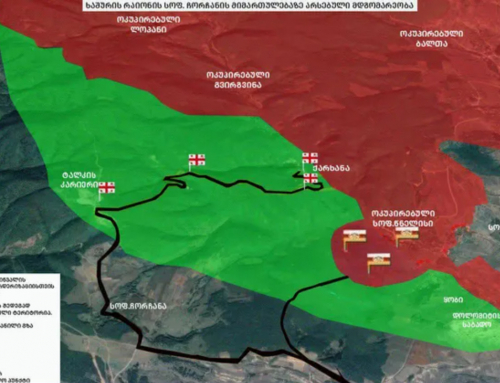
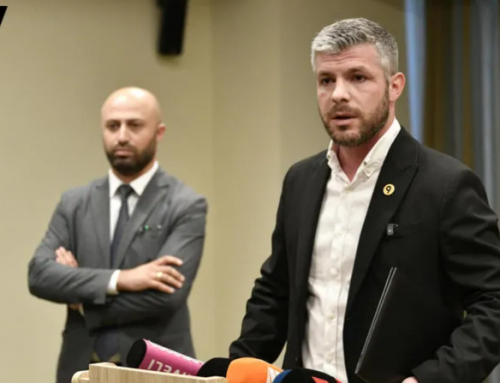
Leave A Comment
You must be logged in to post a comment.